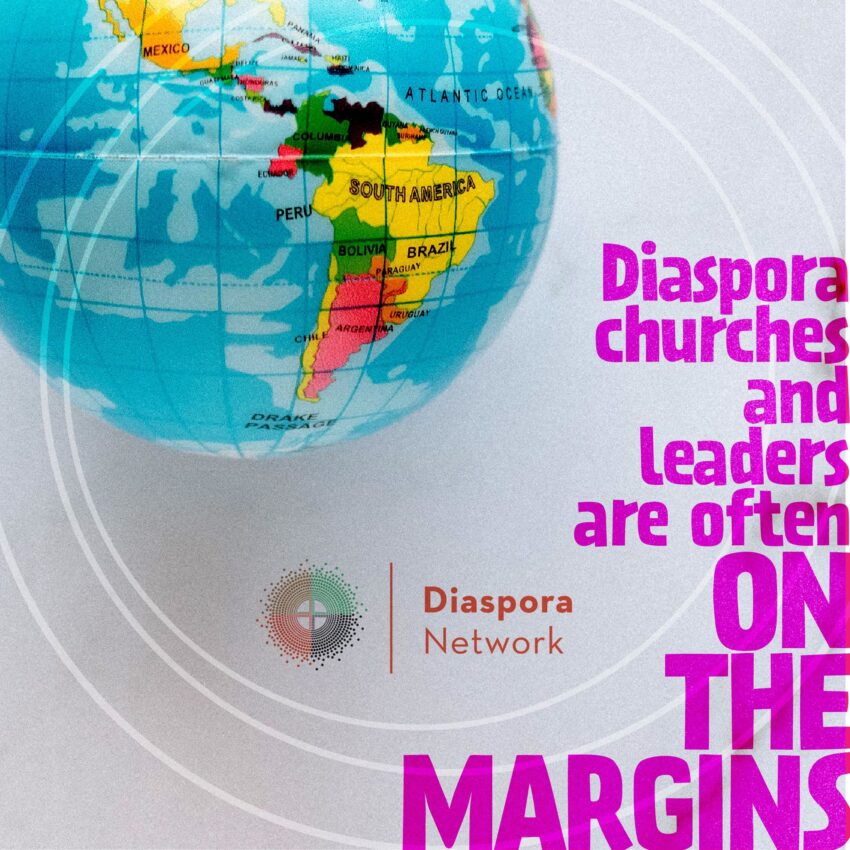The immigrant church is booming in North America, and its vibrant faith carries within it the potential to revitalize Christian life across the continent. However, like all vulnerable communities, immigrant churches face unique challenges. Understanding a concept like “The Quartet of the Vulnerable” can help us advocate for, and empower these faith communities who are often times invisible, living on the margins. In fact, I just met with a three Pohnpeian (of Micronesia) church leaders who finally found a place to meet at a local Anglo-American church. They had already asked fifteen other Louisville-area churches who said no.
Coined by reformed theologian, Nicholas Wolterstorff, “The Quartet of the Vulnerable” refers to widows, orphans, the poor, and foreigners—groups particularly susceptible to injustice and exploitation. The phrase aptly captures God’s concern for the most vulnerable in any society. Moreover, the Bible emphasizes caring for these groups by prophetic pronouncements like, “This is what the Lord Almighty said: ‘Administer true justice; show mercy and compassion to one another. Do not oppress the widow or the fatherless, the foreigner or the poor.’” (Zechariah 7:9-10).
The need to care about the well-being of the widow, orphan, and poor is obvious. But the Bible is unique in declaring God’s special consideration for the foreigner/refugee living in the land, who are typically displaced from their homes and have nothing, making them susceptible to prejudice and exploitation. Yet, almost every culture in the world views foreigners and refugees as a threat or a burden. In contrast, The Bible says, ”When a foreigner resides among you in your land, do not mistreat them. The foreigner residing among you is to be regarded as your native-born. Love them as you love yourself, for you were foreigners in Egypt.” (Leviticus 19:33-34).
The people of God are commanded to care for this very vulnerable class of people. In Matthew 25:31-46, Jesus famously identifies Himself with the “least of these,” including the hungry, thirsty, and strangers. By caring for them, we serve Him. At the end of the day, as Christians, we must be guided by timeless principles in the Word of God, which mandate that we respond with compassion and welcome to the foreigner/stranger/refugee.
God has a special care for them which is transferred to the church so that the people of God are called to care for the stranger and foreigner. In his book, “The God of the Empty-Handed,” author Jayakumar Christian writes that the kingdom of God even has “a redemptive bias towards the poor,” who are also among the most powerless. This includes the great majority of refugees and foreigners living among us in the United States.
But back to the immigrant church. At least half of the immigrants in the USA self-identify as Christians. They are spiritual family. Many more will become Christians once they get here through the compassion of local churches and other Christian immigrants. To welcome them and partner with them in ministry and on mission should be a priority of the North American church.
I close with this quote by Dr. Timothy Tennent, president of Asbury Theological Seminary, “Eighty-six percent of the immigrant population in North America are likely to either be Christians or become Christians. The immigrant population actually presents the greatest hope for Christian renewal in North America,”

